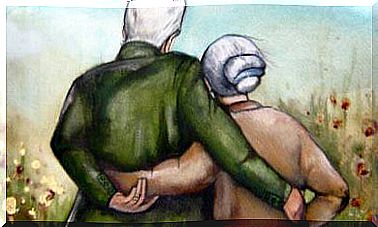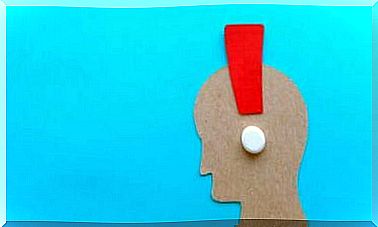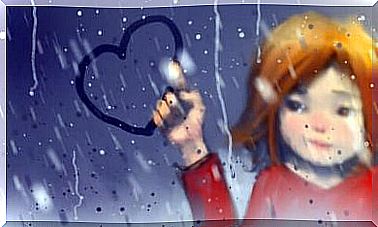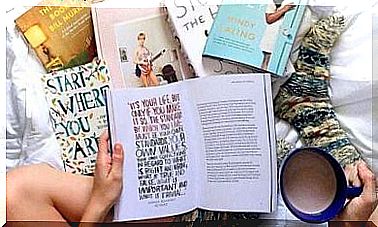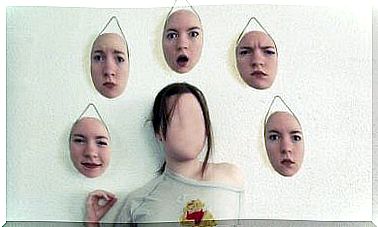My Routine: Energy Saving Or Wasting?

What are you going to do today?
Same as what I did yesterday, the same as what I do tomorrow. My routine. I get up, I eat breakfast, I get dressed and either I just get on the bus or it goes past and I get late. Maybe I will succeed in my work on time with my co-workers. I get rid of the papers on my desktop and add some new ones. Then I have a coffee break and a nonsensical conversation about the latest episode of the series that everyone is talking about.
I stay at work late and on Friday everyone goes out together. Of course at home I watch a movie and go to bed thinking about the kind of opportunities in life that I don’t have right now. This is my routine.
Maybe Raphaëlle Giordano is right and your second life starts when you realize you only have one life. We only hear the firing of a gun after we have gone through one such experience where we see our whole life flickering by in just a moment.
It’s a strange experience, “magical” according to the people who went through it. Why? Because it has the power to put our priorities in order. Such experiences are also important for another reason: they remind us that our future is not guaranteed.
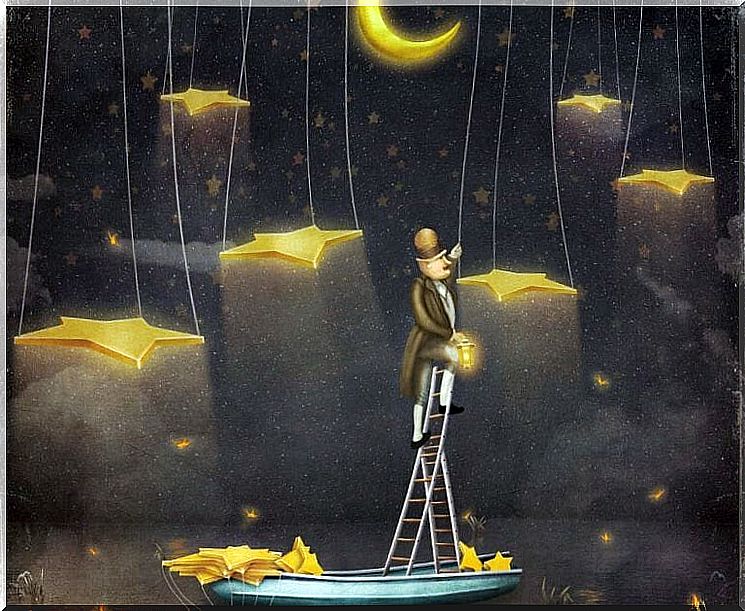
Prisoners of custom
Nothing modifies a person’s will or way of thinking as effectively as routines. Like monks, we have our own ways: regular, continuous, and reliable. We act in our custom on a daily basis so that we are never naked and vulnerable in life.
Both habits and habits sound like routines. They are things we do pretty much the same way every time and they make us feel safe. They make our doubts disappear. After all, they are tried and true strategies for life problems.
In addition, my routines save me a huge amount of energy. It’s like installing software that does everything automatically; I don’t have to think about it or plan for it. I just have to do it once and after that I can hone it. It is said though that I used to take the bus to work, but one day that bus line was stopped and I noticed that the subway was much faster, contrary to what I had thought.
Think about if we should reflect on these things on a daily basis: what would I eat for breakfast? How do I get to work? When should I take a break? … These are questions we have already answered, So why would I create a new problem? Why should I see more effort than is necessary if I already have my own routines?
Are routines useful or are they prisons?
However, there may come a time when routines are too strict and you don’t take a break when it burdens you. You probably know that feeling.
What used to help now feels more like a prisoner of oxygen. We thought about escaping, we even fantasized about doing it. But not doing what we do every day means climbing up a steep slope – at least initially: while leaving our comfort zone. It’s like at the same time we want it and we don’t want it. In the end, we just end up choosing a safe option: what we always do.
But what are the symptoms of “acute routines”? Lack of motivation; feeling tired, apeus or nostalgia; mood swings; apathy, disappointment… and an overflowing feeling we feel about all – or almost everything – the need for happiness, and yet we are not happy.
We are talking about a broad, confusing sense of emptiness, the origin of which we are often unable to fully determine. On the other hand, all the changes we imagine and the things we constantly think about seem absurd to us. Why take a bus again if we already know it will take longer? Why change breakfast if it feels good and gives us energy for the whole morning?
It has nothing to do with the fact that we do not have new goals to replace the old goals that have already been achieved. These new goals are just the tip of the iceberg, they are just the beginning of a dream. So when they are missing, our dreams may also be missing.
Maybe my routines aren’t the worst in the world. Perhaps they could be called first-class problems… or perhaps not, because the truth is that if combined with other problems, such as loneliness, they become one of the main sources of access to human therapy.
Giordano tells us in his book – half jokingly, half seriously – that prison into a routine that can turn into something so powerful that it can depress the whole country.

Routines: good or bad?
The best way to escape routines and plans is to improvise. By doing new activities that we think we like, but also by doing things randomly just because people recommend us to do them. Maybe they surprise us a little and that surprise might be what we need to unlock our “prisoner”.
We can also look at our personality, our “openness to experimentation”. It’s an ideal trait that should be cultivated – at least occasionally – if we don’t want to feed our routines every day and turn them into monsters.
Routines save us a lot of energy, but can also become a big waste of time when we stop managing them and instead become controlled by them. Sometimes we no longer take risks because we feel too safe; we have done the same thing too many times already.
